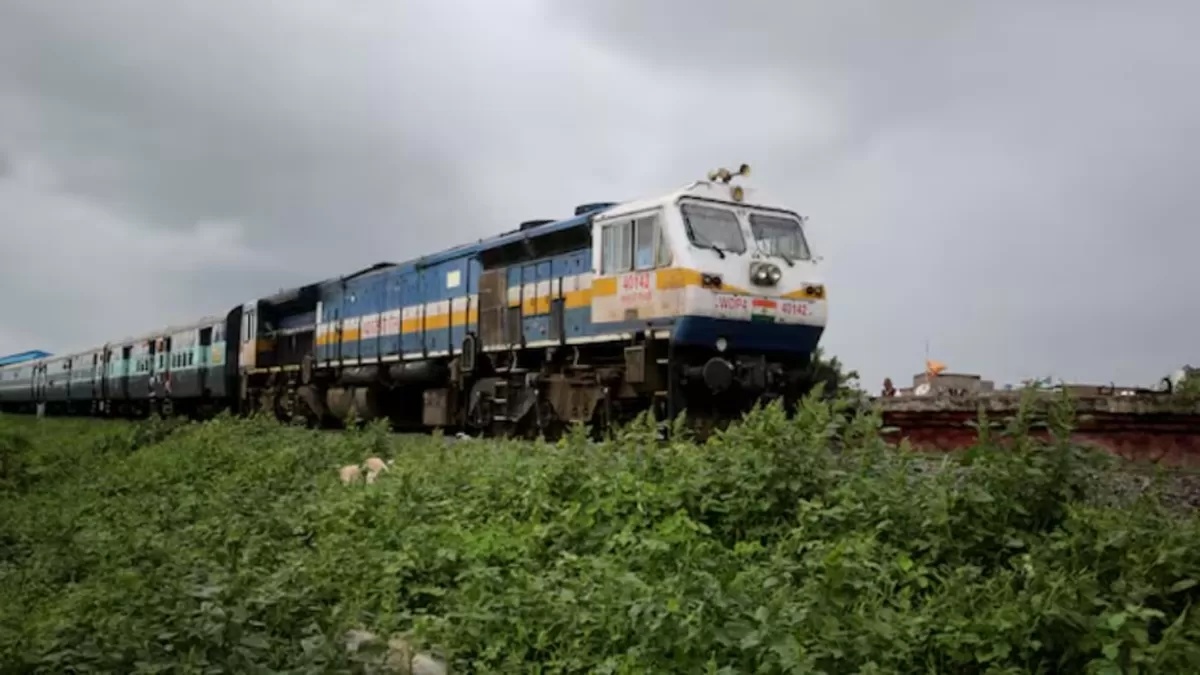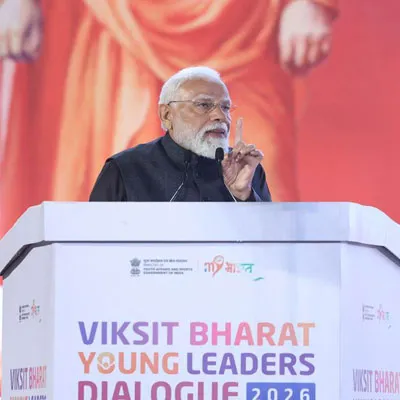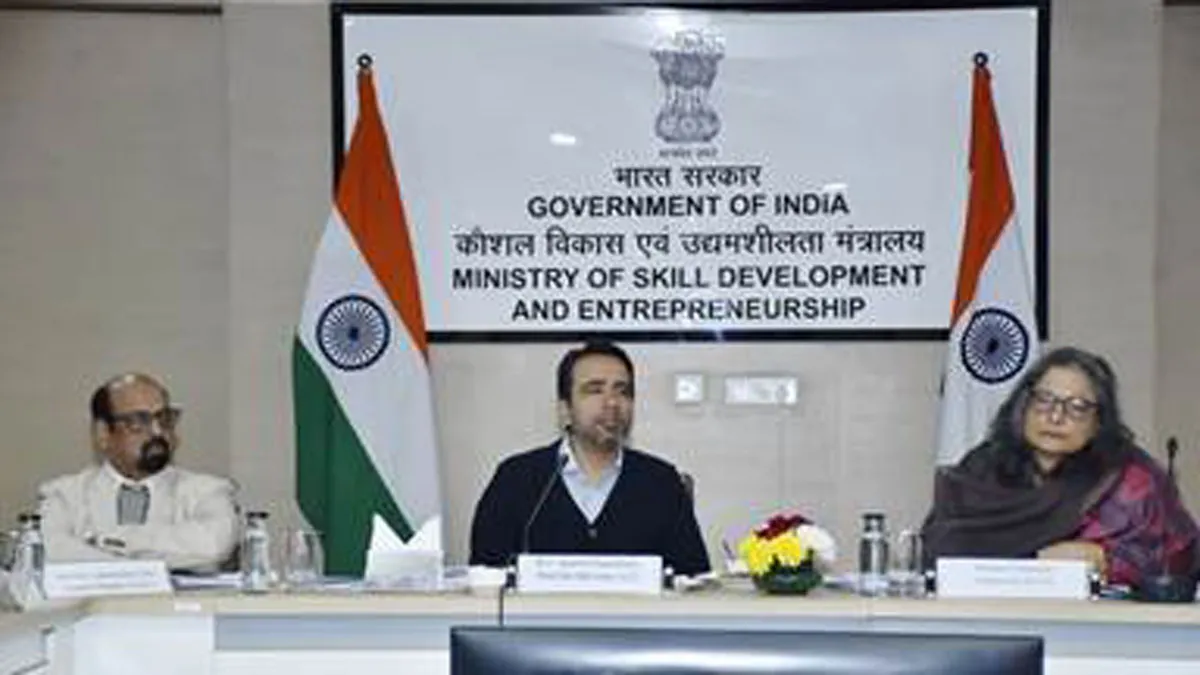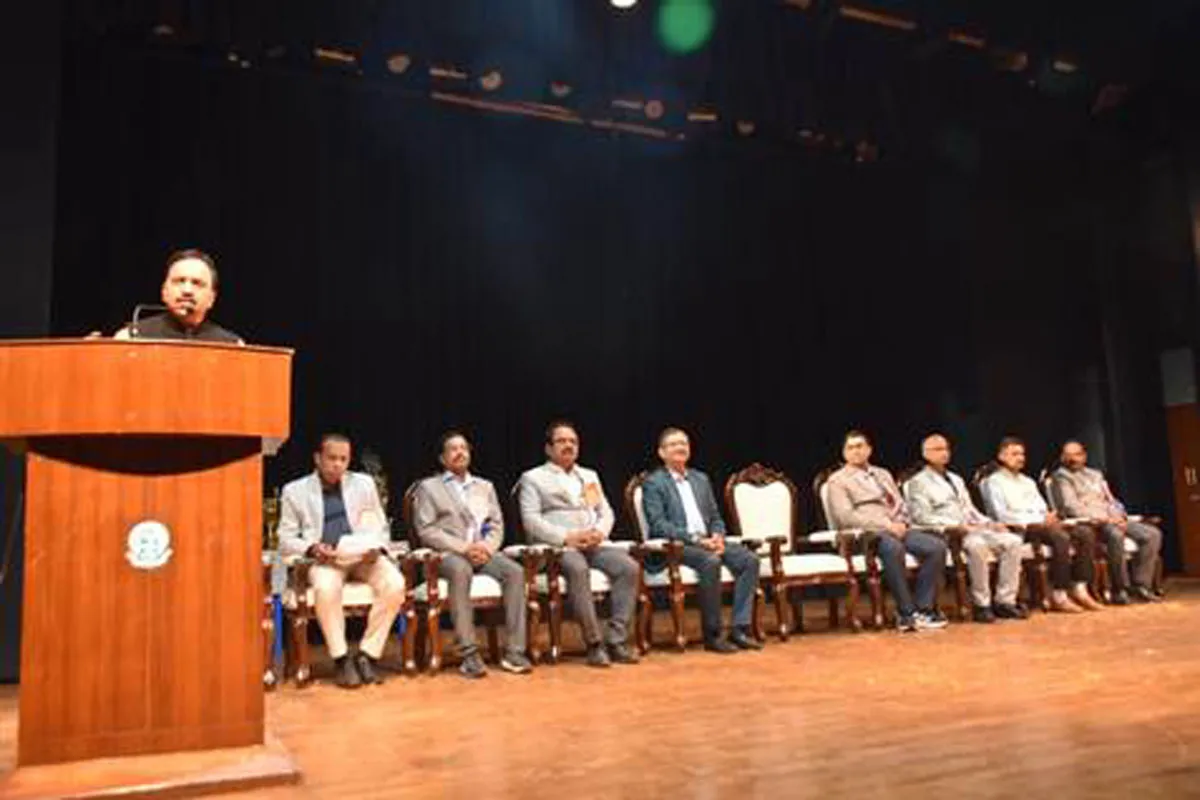
Railways Must Tap Lightweight Freight for Growth: FICCI-PwC

PM Modi Engages Youth at Viksit Bharat Young Leaders Dialogue 2026
Prime Minister Narendra Modi addressed the concluding session of the second edition of the Viksit Bharat Young Leaders Dialogue (VBYLD) 2026 at Bharat Mandapam, New Delhi, marking the culmination of the four-day event on National Youth Day. The programme coincided with the birth anniversary of Swami Vivekananda and witnessed enthusiastic participation from young leaders across the country.Interacting with the youth, the Prime Minister said that many participants were not yet born when he first took oath as Chief Minister, and were still children when he assumed office as Prime Minister in 2014..

India’s Skilling System Shifts to Unified, Outcome-Led Framework
Union Minister of State (Independent Charge) for Skill Development and Entrepreneurship and Minister of State for Education Jayant Chaudhary chaired the first General Body Meeting of the National Council for Vocational Education and Training (NCVET) at Kaushal Bhawan, New Delhi. Addressing the meeting, the Minister said that India’s skilling ecosystem is undergoing a paradigm shift from fragmented systems to a unified, outcome-oriented framework aligned with education, industry and future technologies, with NCVET playing a central role in making the transition credible, transparent and learn..

25th All India Major Port Cultural Meet Concludes at Paradip
The 25th All India Major Port Cultural Meet 2025–26 concluded on a grand note on January 11 at Jayadev Sadan, Paradip Port, after four days of vibrant cultural performances and artistic celebrations. The event was organised by the Paradip Port Authority (PPA) in association with the Major Ports Sports Control Board and brought together cultural talent from major ports across the country.The valedictory ceremony was graced by P L Haranadh, Chairman, Paradip Port Authority, as the Chief Guest. Addressing the gathering, Shri Haranadh congratulated all participating artistes for their captivatin..
















